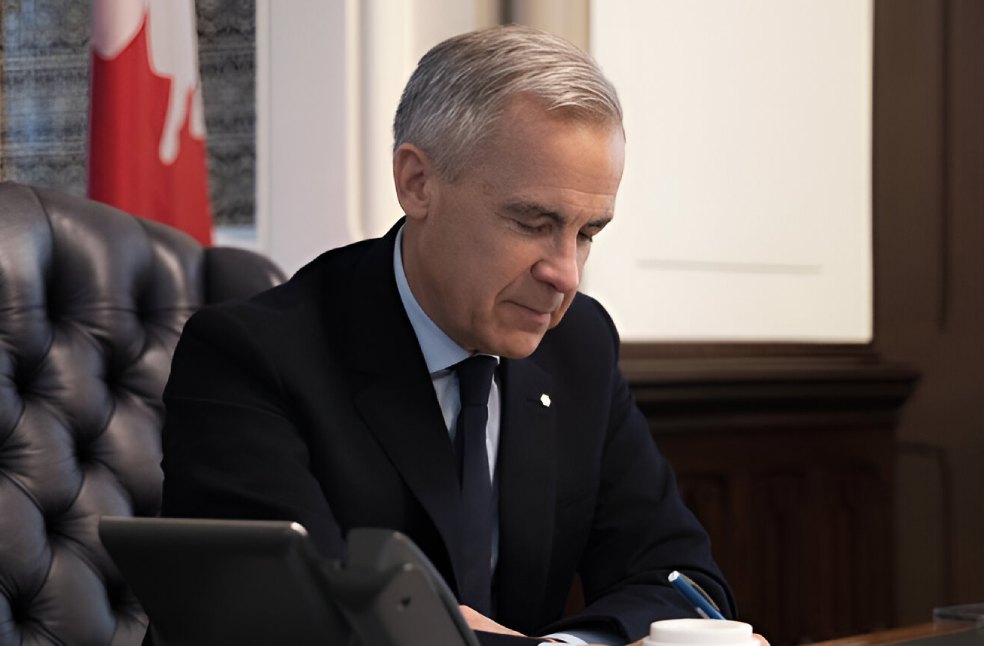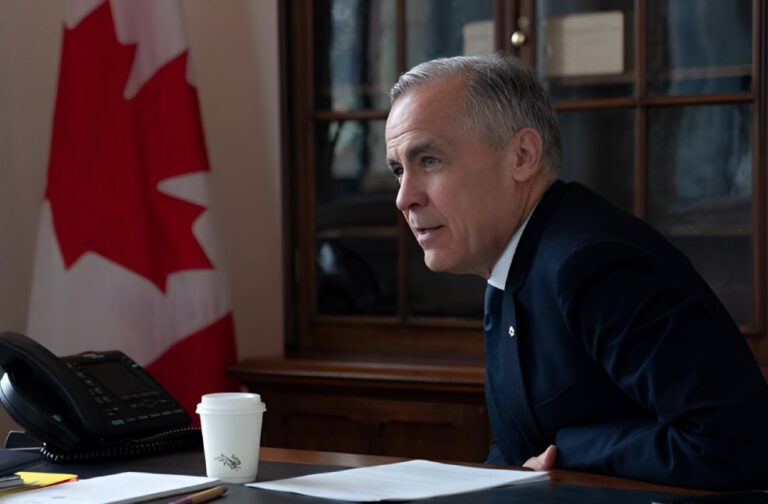Ottawa: Canada is now set to meet NATO’s defence spending target of 2 percent of GDP by next year, significantly ahead of its original timeline, Prime Minister Mark Carney announced in a landmark speech at the University of Toronto.
The decision sketches a significant shift in Canada’s approach to global security, driven by rising threats from hostile states, terrorism, and cyberattacks. Carney said Canada can no longer depend so heavily on the United States for defence and must step up to protect its interests. He warned that Washington is increasingly prioritising its economic advantage and scaling back its security responsibilities abroad.
In his address, Carney described the global climate as a hinge moment, comparing it to the critical turning point after the Second World War. He cited growing aggression from Russia and China, as well as growing risks in the Arctic, as key reasons behind the government’s new stance.
Comprehensive defence overhaul
The prime minister revealed a sweeping new strategy centred around four core priorities:
- Investing more in military personnel and modern equipment
- Expanding the Canadian Armed Forces’ operational capabilities
- Strengthening the national defence industry
- Broadening international defence partnerships

He recognised the state of Canada’s current defence systems as outdated and underprepared. A large share of submarines, naval vessels, and land vehicles are not in operational condition, and he stressed the urgent need for modernisation.
The government intends to direct a significant boost in funding towards new submarines, ships, aircraft, armoured vehicles, and surveillance technology for the Arctic and coastal waters. A new defence procurement agency will also be established to fast-track military acquisitions and reduce red tape, following longstanding criticism that the current system is slow and inefficient.
The announcement comes just days before Canada hosts the G7 Summit, where security challenges are expected to dominate discussions. It also follows renewed pressure from NATO leadership, with Secretary General Mark Rutte pushing supporters to increase their defence contributions and warning of the need for massive upgrades in air and missile defence.
While opposition leader Pierre Poilievre expressed aid for the increased spending, he also accused the current government of neglecting the military for too long, calling the announcement overdue.
Carney’s message was clear that Canada must no longer be passive in a world characterised by shifting alliances and emerging threats. Carney stated that, “In this age, middle powers must act or risk being left behind.”



